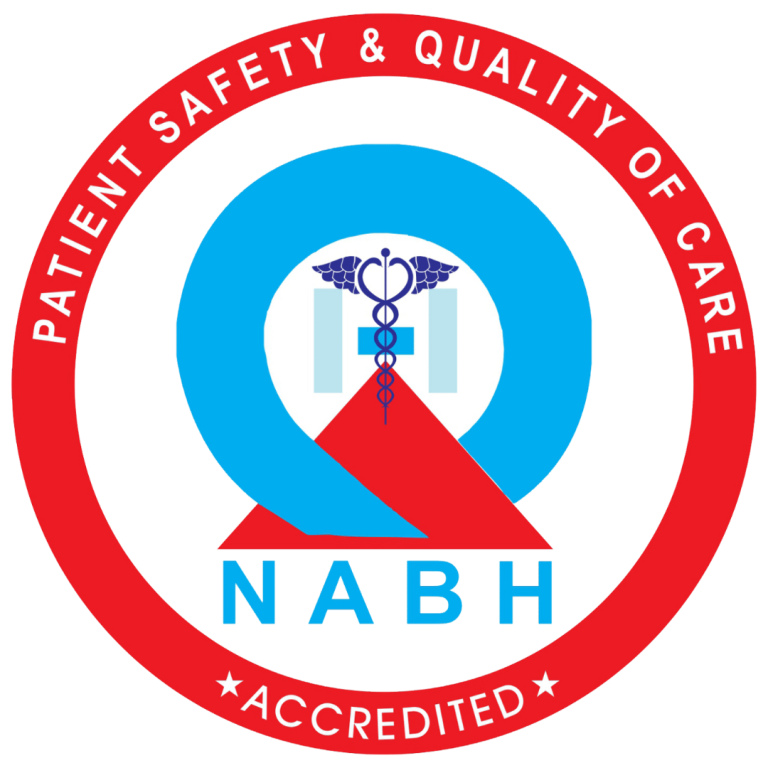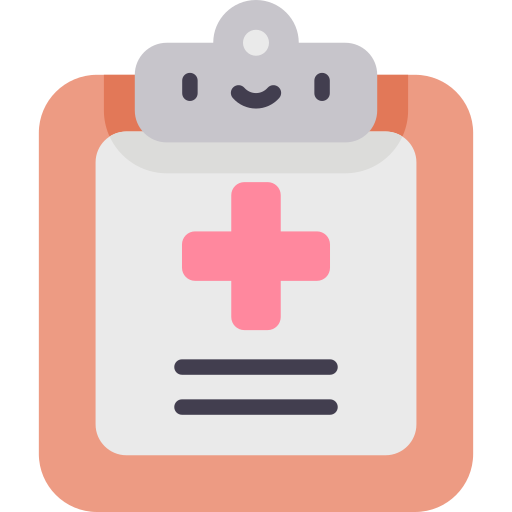When we think of a heart attack, the image that comes to mind is sudden chest pain, breathlessness, or collapsing unexpectedly. But not all heart attacks come with such dramatic symptoms. Many people experience what doctors call a silent heart attack—a cardiac event that happens quietly, often mistaken for indigestion, fatigue, or muscle pain.
The danger? Since symptoms are ignored, patients delay seeking treatment, which increases the risk of permanent heart damage or even sudden cardiac arrest. At Nelson Hospitals Nagpur, our cardiology experts emphasize the importance of recognizing subtle signs of a silent heart attack to save lives.
🫀 What is a Silent Heart Attack?
A silent heart attack (medically termed silent myocardial infarction) occurs when blood flow to part of the heart is blocked, but symptoms are so mild or unusual that the patient doesn’t realize they are having a heart attack.
Unlike a typical heart attack, which comes with severe chest pain, silent heart attacks often mimic minor health issues like acidity, weakness, or back pain. This makes them extremely dangerous.
⚠️ Symptoms of a Silent Heart Attack You Might Ignore
- Mild chest discomfort
- Not sharp pain, but a tightness, pressure, or heaviness in the chest that comes and goes.
2. Unexplained fatigue
- Feeling tired all the time even without physical exertion. This is especially common in women and elderly patients.
3. Shortness of breath
- Difficulty breathing or feeling out of breath after climbing stairs or doing light activity.
4. Indigestion or nausea
- Many silent heart attacks are mistaken for acidity, bloating, or food poisoning.
5. Discomfort in other body parts
- Pain or numbness in the back, arms, neck, or jaw instead of chest pain.
6. Cold sweats or dizziness
- Sudden sweating, light-headedness, or fainting can also indicate reduced blood flow to the heart.
👩⚕️ Who is at Higher Risk of Silent Heart Attacks?
Silent heart attacks can affect anyone, but certain groups are at a greater risk:
- Diabetic patients – nerve damage may blunt pain sensations.
- Elderly people – often attribute symptoms to “aging.”
- Women – may experience symptoms like fatigue and nausea instead of chest pain.
- Smokers & obese individuals – higher risk due to blocked arteries.
- People with high BP or cholesterol – underlying risk factors for heart disease.
At Nelson Hospitals Nagpur, our cardiology team offers comprehensive preventive heart check-ups to detect risks early, even before symptoms appear.
🧪 Why Silent Heart Attacks are Dangerous
- Delayed diagnosis – Patients don’t seek immediate care, leading to worse damage.
- Higher risk of complications – untreated silent heart attacks increase chances of heart failure, arrhythmia, or another major heart attack.
- Misdiagnosis – symptoms like gas, anxiety, or muscle pain may confuse patients and even doctors.
That’s why our experts at Nelson Hospitals advise: never ignore unusual body signals—especially during winter or after exertion
🏥 How Doctors Diagnose a Silent Heart Attack
Since symptoms are mild, diagnosis requires proper medical tests. At Nelson Hospitals Nagpur, we use advanced tools like:
- ECG (Electrocardiogram): detects abnormal heart rhythms.
- Echocardiogram: checks heart’s pumping function.
- Blood tests (Troponin): identify heart muscle damage.
- Stress test / TMT: reveals heart issues during exertion.
- Angiography: shows blockages in arteries.
How to Prevent a Silent Heart Attack
While not all heart attacks can be prevented, lifestyle changes and regular check-ups can lower risk significantly.
- Control Blood Pressure & Sugar
- Monitor BP and sugar levels regularly.
- Follow doctor-prescribed medication and diet.
- Adopt a Heart-Healthy Diet
- Eat fresh fruits, vegetables, whole grains, and lean proteins.
- Avoid excess salt, fried food, and trans fats.
- Stay Physically Active
- Engage in 30 minutes of brisk walking, yoga, or light exercise daily.
- Avoid sudden overexertion, especially in cold weather.
- Quit Smoking & Limit Alcohol
- Smoking narrows arteries and increases clot risk.
- Excessive alcohol weakens heart muscles.
- Manage Stress & Sleep Well
- Practice meditation, breathing exercises, or hobbies to reduce stress.
- Ensure 7–8 hours of good sleep for heart recovery.
- Regular Health Check-ups
- Senior citizens and high-risk patients should undergo periodic heart health check-ups at Nelson Hospitals Nagpur.
- Early detection can prevent major complications.
🏥 Nelson Hospitals – Trusted Cardiac Care in Nagpur
When it comes to silent heart attacks and cardiac emergencies, Nelson Hospitals Nagpur is among the most trusted names in healthcare.
Our cardiology department offers:
- Experienced cardiologists & heart specialists
- 24/7 emergency care for heart attacks
- Advanced cardiac diagnostics (ECG, Echo, TMT, Holter monitoring)
- Interventional treatments (angioplasty, stenting, bypass care support)
- Preventive health packages for high-risk patients
- Comprehensive rehabilitation & lifestyle guidance
🌟 Quick Takeaway – Don’t Ignore These Symptoms
✔️ Mild chest discomfort or pressure
✔️ Unusual fatigue, especially in women
✔️ Indigestion-like pain with sweating
✔️ Shortness of breath during small tasks
✔️ Pain in jaw, back, or arms
👉 If you notice these, don’t delay—consult Nelson Hospitals Nagpur immediately.
Book an Appointment







